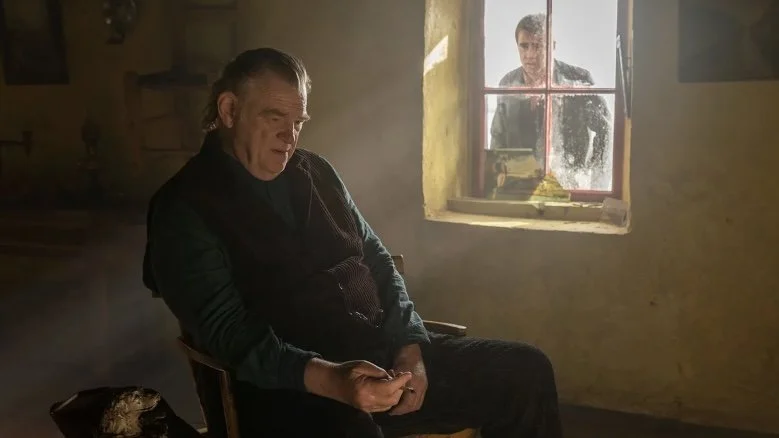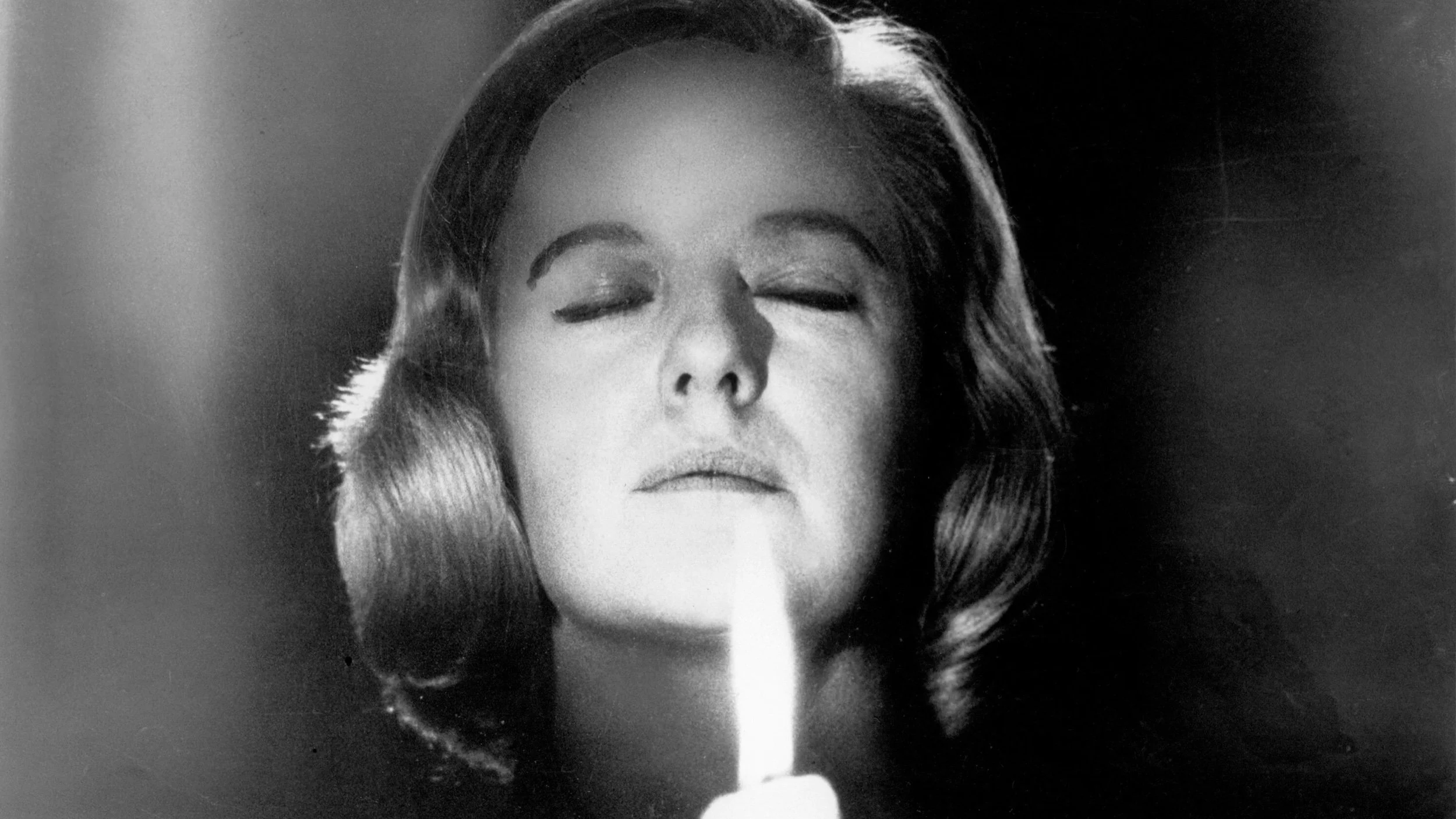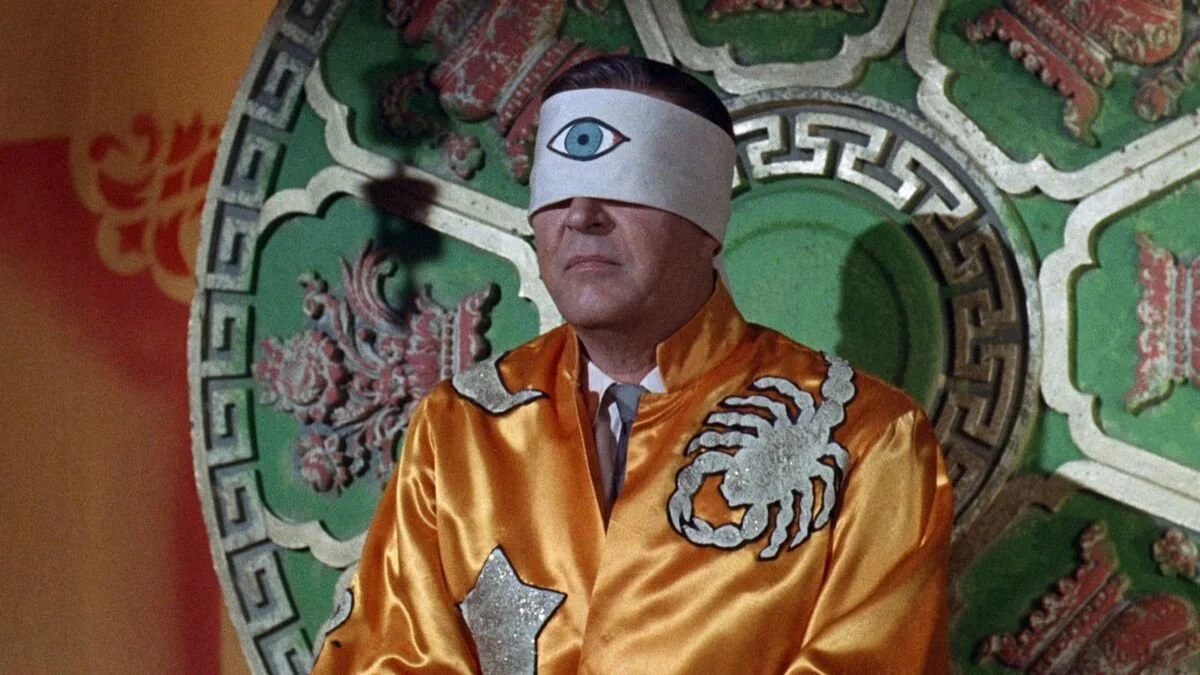Film Review – "The Banshees of Inisherin"
Preserving friendships as an adult can be hard. This is something I didn’t fully realize when I graduated from school. When we’re kids, our educational environments provide a built-in social structure. We form bonds with who’s in our class, who’s on our team, who’s in the same clubs as us, etc. It’s like living on an island; our friends become whoever is conveniently around, for as long as we can stand it. Going from high school to university is similar, only with dormitories and majors—not to mention sex and alcohol. Once we get that diploma or degree, though, we’ve actually got to put work into maintaining a friendship, if we even want to, if both parties agree the friendship ought to go on…
I’ve split with several people over the years. Occasionally there’s a broad reason: geography, maturity, romance, domesticity, worldview. But sometimes there isn’t a clear-cut cause for fissure. There’s not always a “wanna hear a story about why me & this bitch here fell out? It’s kinda long but full of suspense” thread of awkward events to explain the situation to everyone’s satisfaction. Sometimes you exchange that final hug, or you drink those final beers, or you send that final text—and that’s just fucking it. Maybe you knew a breakup was nigh, maybe not. Or perhaps you’re the one’s who’s concluded that the relationship is fruitless, a frivolous distraction from how you’d rather be spending your remaining years.
This is where Colm Doherty finds himself. Having spent his entire existence on the sparsely populated island of Inisherin, Colm has been mates with Pádraic Súilleabháin for decades. With so few people and so few happenings on Inisherin, Colm and Pádraic have spent hours together every day for years. Hours. Every day. For years. Making inane chit-chat, sitting in each other’s company, doing nothing substantive. Just passing the time, not doing anything to leave a mark behind for when they’re long-gone. Now, Colm wants to sever himself from Pádraic and re-route the minutes they’d otherwise be wasting together into something productive and fulfilling instead. Colm is pretty damn serious, too.
I couldn’t take me eyes off Brendan Gleeson and his woeful determination whenever he was on screen. He imbues Colm with such impenetrable fortitude. Gleeson doesn’t need words to convey his character’s resolve, but he’s in a Martin McDonagh film—so guess what—he gets to say plenty of lines. Colm isn’t quite as garrulous as most of his fellow island-dwellers, however, so when he speaks, he does so purposefully. In fact, Colm does just about everything with intention, making Gleeson’s performance all the more fascinating to watch. He has each syllable and gesture measured, every beat mapped out, to justify Colm’s nearly unnatural stamina as the stakes of his own ultimatum continue to rise.
Equally captivating to watch, albeit for completely different reasons, is Colin Farrell as Pádraic, a man absolutely astonished by the idea that a fella can jus’ stop bein’ frens wid anudder fella, jus’ like that, like? Colin Farrell demonstrates here some of the very best eyebrow acting I’ve ever seen? And it’s low-key sexy as hell?? I mean, he can really make those caterpillars dance. It’s almost hypnotic. He also makes utter mincemeat of McDonagh’s script. McDonagh is a writerly writer—the sort of playwrights whose text is so expressive you catch your lips moving while you read it. The animated dialogue gives Farrell tons of ammunition to impart Pádraic’s unexpected dilemma.
McDonagh plots Pádraic’s growing perplexity in the wake of Colm’s abrupt decision incredibly well. Pádraic is a guy who can’t take “no answer” for an answer. He cannot rest until explanations are provided, abundantly. So, when Colm surmises that they should just stop being friends, Pádraic frustratingly persists in his futile pursuit to understand why—despite the bloody consequences of doing so, which Colm has established at his own expense. This is possibly McDonagh’s craftiest choice. Colm doesn’t threaten to hurt Pádraic if the guy won’t leave him alone; rather, Colm promises to harm himself, placing an odd onus on Pádraic. Basically, Colm figures if Pádraic refuses to let him go, then he might as well permanently sacrifice, in the gnarliest way, his ability to do the very thing that hanging out with Pádraic for all these years has already denied him the freedom to do.
I’m so glad moviegoers will finally be able to see the kind of Martin McDonagh narrative that I fell in love with when I read his plays in college. In Bruges, Seven Psychopaths, and Three Billboards each have their unique charms and McDonagh-isms. But The Banshees of Inisherin has a specific flavor of dramatic gusto his other films don’t. It makes sense to me that this was originally conceived as the third part of his Aran Islands trilogy—and not just because it follows the naming convention of The [Subject(s)] of [Irish Locale]. Like The Cripple of Inishmaan and The Lieutenant of Inishmore, The Banshees of Inisherin is a pitch-black comedy about masculine troubles that uses Irish civil unrest as a backdrop.
This also might be his best-composed film yet. And I’m not just referring to Carter Burwell’s immaculate score. I’m not a music person—in fact, I tend to prefer scores that are inconspicuous—but I’ll be damned if that isn’t one fantastic little tune that really elevates the majesty of the setting. Speaking of which (sorry, I’m gonna be basic for a sec), it’s all just so feckin beautiful. Is Irish isle grass really that green and the surrounding sea really that serene?! Beyond the landscapes, McDonagh seems to be actively thinking about the visual language, how to boost the words on the page, as opposed to relying on them to do all the heavy lifting. Via careful lens selection and apt framing, McDonagh photographically sculpts the dissolution of this duo, constructing images that reflect what’s said and what’s unsaid. (Ah, cinema!) The heartache, the abandonment, the isolation, the loneliness. It all feels so profound, so poignant…
We don’t always receive easy or detailed justifications for why the people closest to us do the seemingly foolish things they do. More frequently than not, even the most logical of rationales are moot and lead to even tougher questions, regardless of how sound they may be. McDonagh knows this as well as any other storyteller. If, in the end, this film has exasperated you as much as Colm’s actions have exasperated Pádraic, then I’d say The Banshees of Inisherin has done its job. Or… if you come out understanding and sympathizing more so with Colm (as I’m afraid I do), well… I’m still unpacking that.





